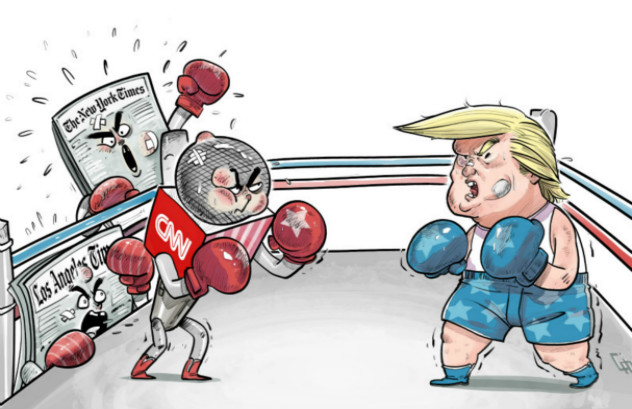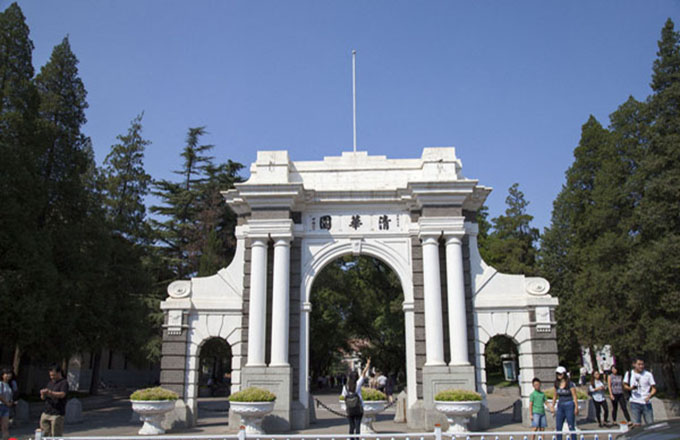Trump's first month -- A mix of good, bad
MIXED FEELINGS ON TRUMP'S ANTI-TRADE MOVES
One of Trump's first orders of business was scrapping the longstanding North American Free Trade Agreement (NAFTA) signed by the United States, Canada and Mexico. He also ordered to quit the Trans-Pacific Partnership (TPP), an Asia-Pacific free trade deal strongly promoted by former US. President Barack Obama.
Labor economists said the NAFTA has indeed, as Trump said, been a bad deal for Americans as it has led to massive job losses over the last two decades.
However, some economists said that simply taking an ax to it could disrupt trade, as US.-Mexico supply chains are now tightly intertwined and the scrapping of NAFTA could lead to price hikes.
On jobs, there are also mixed feelings on Trump's recent threat for a border tax. A couple of companies have already scrapped plans to set up factories in Mexico and opted to keep some operations in the United States.
Supporters said that finally someone in Washington is standing up for blue-collar folks after decades of job losses, wage stagnation and a bleak economic picture for America's rural areas.
But on the flip side, critics have called the move anti-capitalist and dangerous populism that could ultimately lead to price increases for certain products and have a negative impact on trade.
TRUMP'S FINE-TUNING OF FOREIGN POLICY
When it came to foreign policy, Trump in his first month has "fine-tuned" his positions on certain important issues.
Notably, Trump has backed down from his tough stance on the North Atlantic Treaty Organization (NATO) by reaffirming his support despite his previous criticism of the alliance as "obsolete."
During recent visits to a European security conference in Munich, Germany, both US. Vice President Mike Pence and Defense Secretary James Mattis reaffirmed the US. commitment to the NATO, though urging its members to share more of the financial burden of protecting European security by increasing defense spending.
The biggest setback for Trump's foreign policy initiatives was perhaps the strong resistance he has encountered in his attempt to reset the tense US. ties with Russia, which was regarded by many Americans as the top strategic rival.
Michael Flynn, Trump's former national security adviser, was forced to resign last week amid criticism over his phone call with Russian Ambassador to the United States Sergey Kislyak in late December.
Flynn reportedly indicated in the call that the Trump administration would review the US. sanctions imposed on Russia by the Obama administration.
On China, Trump initially irritated Beijing by claiming that the one-China policy was open for negotiation. But earlier this month he moved to smooth things over in a phone call with Chinese President Xi Jinping, promising to honor the one-China policy.
Trump's change of stance "suggests that he is willing to listen to his top advisers and change his mind, and that is reassuring," Bonnie Glaser, a China expert at the Center for Strategic and International Studies, told Xinhua.
But experts cautioned that it is still too early to evaluate Trump's foreign policy as he has been in office for only a month.
"We have glimpsed only discrete aspects of the policy, but have not been presented with a coherent and articulated strategy," said Douglas Paal, vice president for studies at the Carnegie Endowment for International Peace.
As political appointees from the prior administration are leaving their jobs and it takes months for those jobs to be filled, "outside observers need to be patient," said Glaser.


















